Dysmorphology
Recent articles
Online library details traits linked to genetic conditions
An expanding collection of websites compiles up-to-date information on the characteristics of people with mutations in genes linked to autism and other conditions.
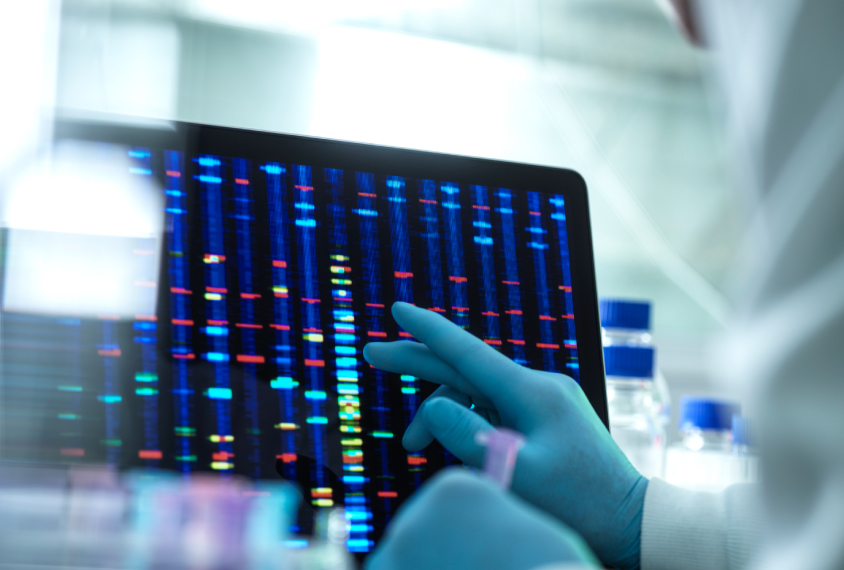
Online library details traits linked to genetic conditions
An expanding collection of websites compiles up-to-date information on the characteristics of people with mutations in genes linked to autism and other conditions.
Siblings of autistic children may have distinct facial features
Siblings of autistic children, like those with the condition, tend to have faces that are more masculine than average.
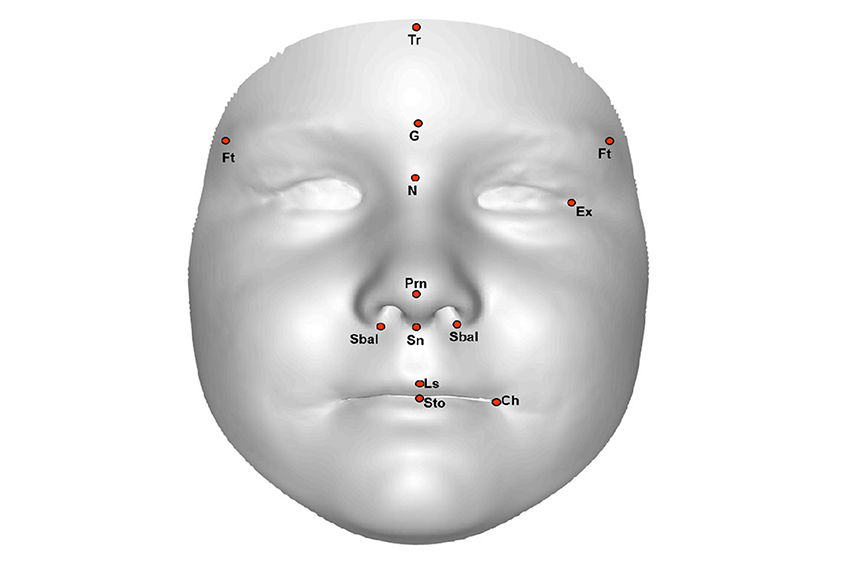
Siblings of autistic children may have distinct facial features
Siblings of autistic children, like those with the condition, tend to have faces that are more masculine than average.
Mutations in emerging autism gene tied to distinct traits
People who have mutations in a gene called PHF21A tend to have a constellation of traits and conditions, including autism.
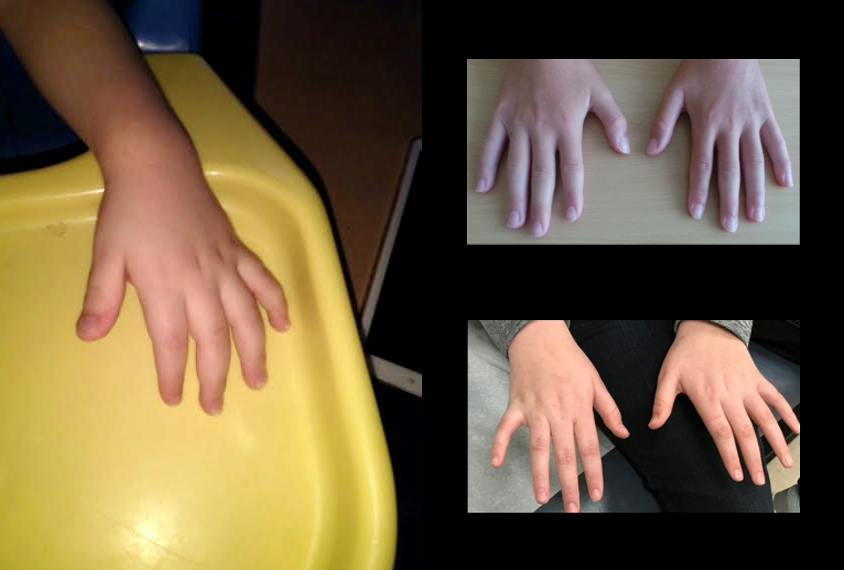
Mutations in emerging autism gene tied to distinct traits
People who have mutations in a gene called PHF21A tend to have a constellation of traits and conditions, including autism.
Double immune hit challenges female mice’s resistance to autism
Female mice can withstand a maternal antibody that triggers brain abnormalities and autism-like behaviors in males. But additional immune challenges spell trouble.
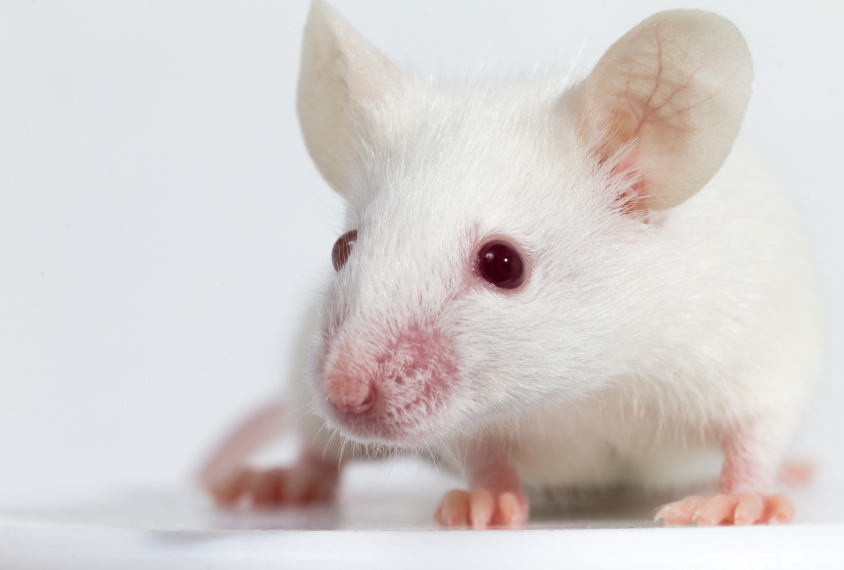
Double immune hit challenges female mice’s resistance to autism
Female mice can withstand a maternal antibody that triggers brain abnormalities and autism-like behaviors in males. But additional immune challenges spell trouble.
Cannabis candidate; omega add-on; oxytocin control and more
A cannabis gel may ease features of fragile X syndrome, omega fatty acids show promise for autism in two trials, and oxytocin reinforces social behaviors through the brain’s reward pathway.
Cannabis candidate; omega add-on; oxytocin control and more
A cannabis gel may ease features of fragile X syndrome, omega fatty acids show promise for autism in two trials, and oxytocin reinforces social behaviors through the brain’s reward pathway.
Boyish looks; popular pseudoscience; older fathers and more
Masculinized features help define children with autism, online autism-parent forums spread pseudoscience, and the United States has more older fathers than ever.
Boyish looks; popular pseudoscience; older fathers and more
Masculinized features help define children with autism, online autism-parent forums spread pseudoscience, and the United States has more older fathers than ever.
Off-key outcomes; visualizing variants; urine indifference and more
Music therapy proves ineffective for autism, brain structures differ with 16p11.2 duplications and deletions, and mice missing NLGN3 may influence the sociability of their littermates.
Off-key outcomes; visualizing variants; urine indifference and more
Music therapy proves ineffective for autism, brain structures differ with 16p11.2 duplications and deletions, and mice missing NLGN3 may influence the sociability of their littermates.
Rare mutation linked to autism affects language ability
Mutations in a gene called TRIP12 — which is involved in tagging proteins for destruction — can lead to intellectual disability, language delay and autism.
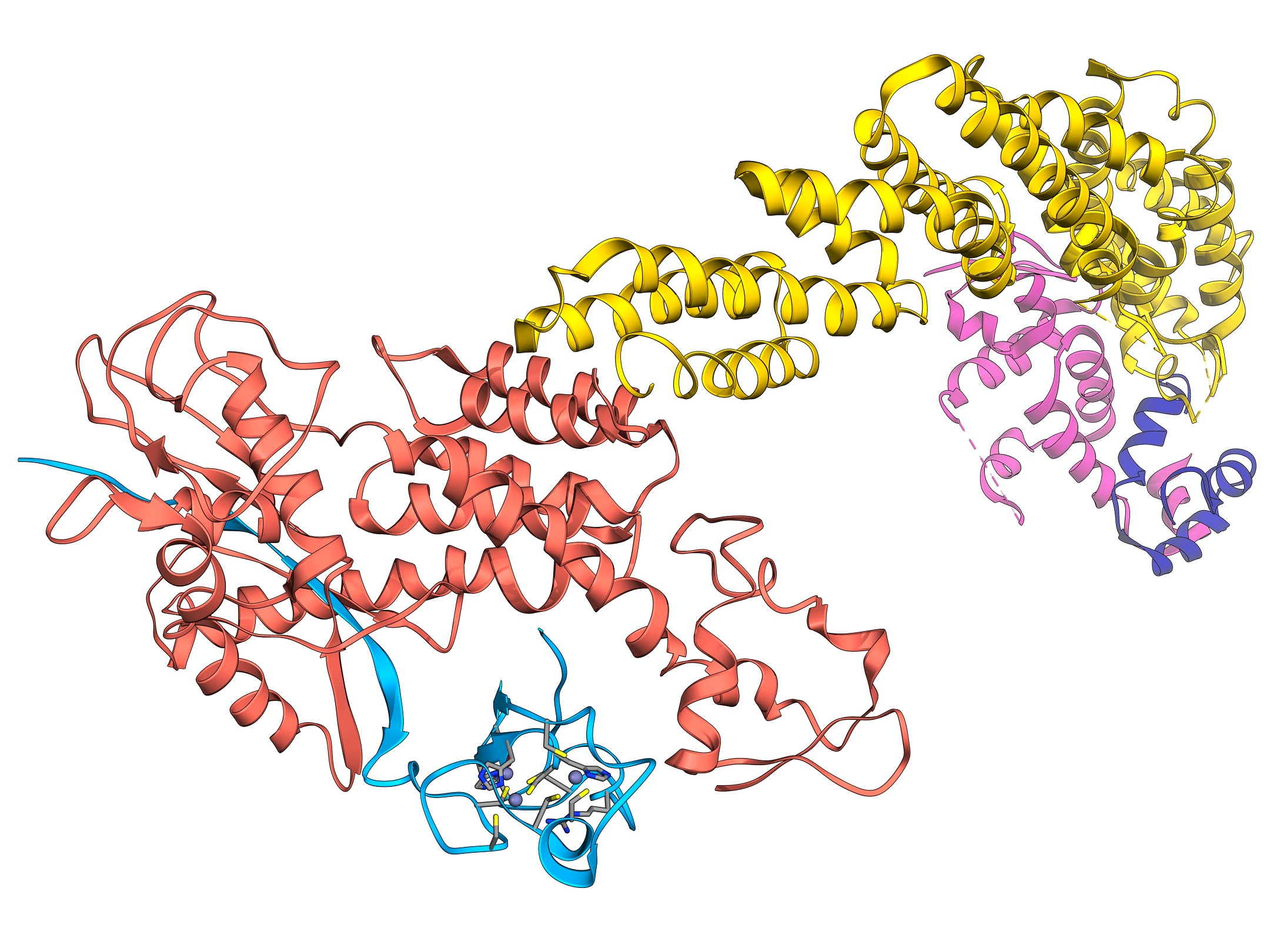
Rare mutation linked to autism affects language ability
Mutations in a gene called TRIP12 — which is involved in tagging proteins for destruction — can lead to intellectual disability, language delay and autism.
Precocious baby teeth signal rare form of autism
Most children with a rare autism-linked mutation develop baby teeth one to two years earlier than usual.
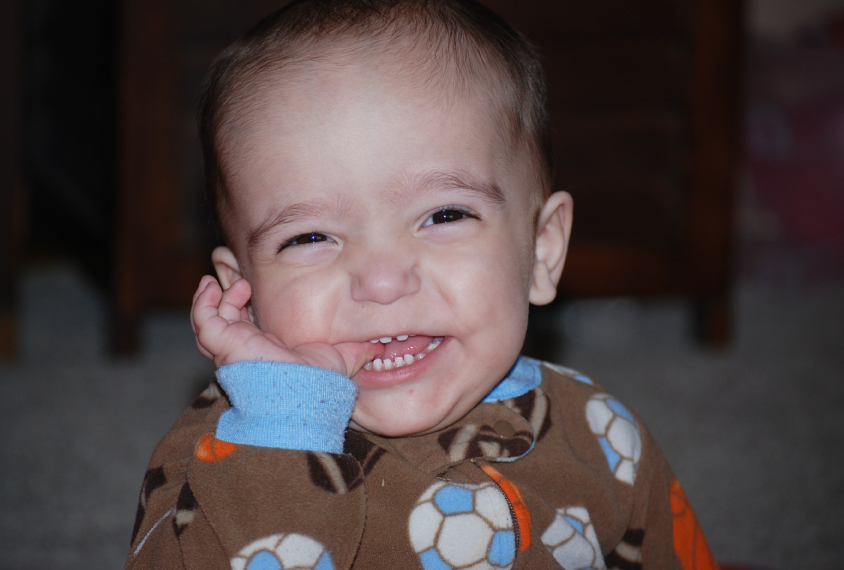
Precocious baby teeth signal rare form of autism
Most children with a rare autism-linked mutation develop baby teeth one to two years earlier than usual.
Network television; facing forward; warm welcome
Researchers captured networks of neurons lighting up in a small aquatic animal, facial recognition software can flag genetic conditions, and a Muppet with autism makes her debut on “Sesame Street.”
Network television; facing forward; warm welcome
Researchers captured networks of neurons lighting up in a small aquatic animal, facial recognition software can flag genetic conditions, and a Muppet with autism makes her debut on “Sesame Street.”
Explore more from The Transmitter
Neuro’s ark: Spying on the secret sensory world of ticks
Carola Städele, a self-proclaimed “tick magnet,” studies the arachnids’ sensory neurobiology—in other words, how these tiny parasites zero in on their next meal.

Neuro’s ark: Spying on the secret sensory world of ticks
Carola Städele, a self-proclaimed “tick magnet,” studies the arachnids’ sensory neurobiology—in other words, how these tiny parasites zero in on their next meal.
Autism in old age, and more
Here is a roundup of autism-related news and research spotted around the web for the week of 2 March.

Autism in old age, and more
Here is a roundup of autism-related news and research spotted around the web for the week of 2 March.
Lack of reviewers threatens robustness of neuroscience literature
Simple math suggests that small groups of scientists can significantly bias peer review.

Lack of reviewers threatens robustness of neuroscience literature
Simple math suggests that small groups of scientists can significantly bias peer review.